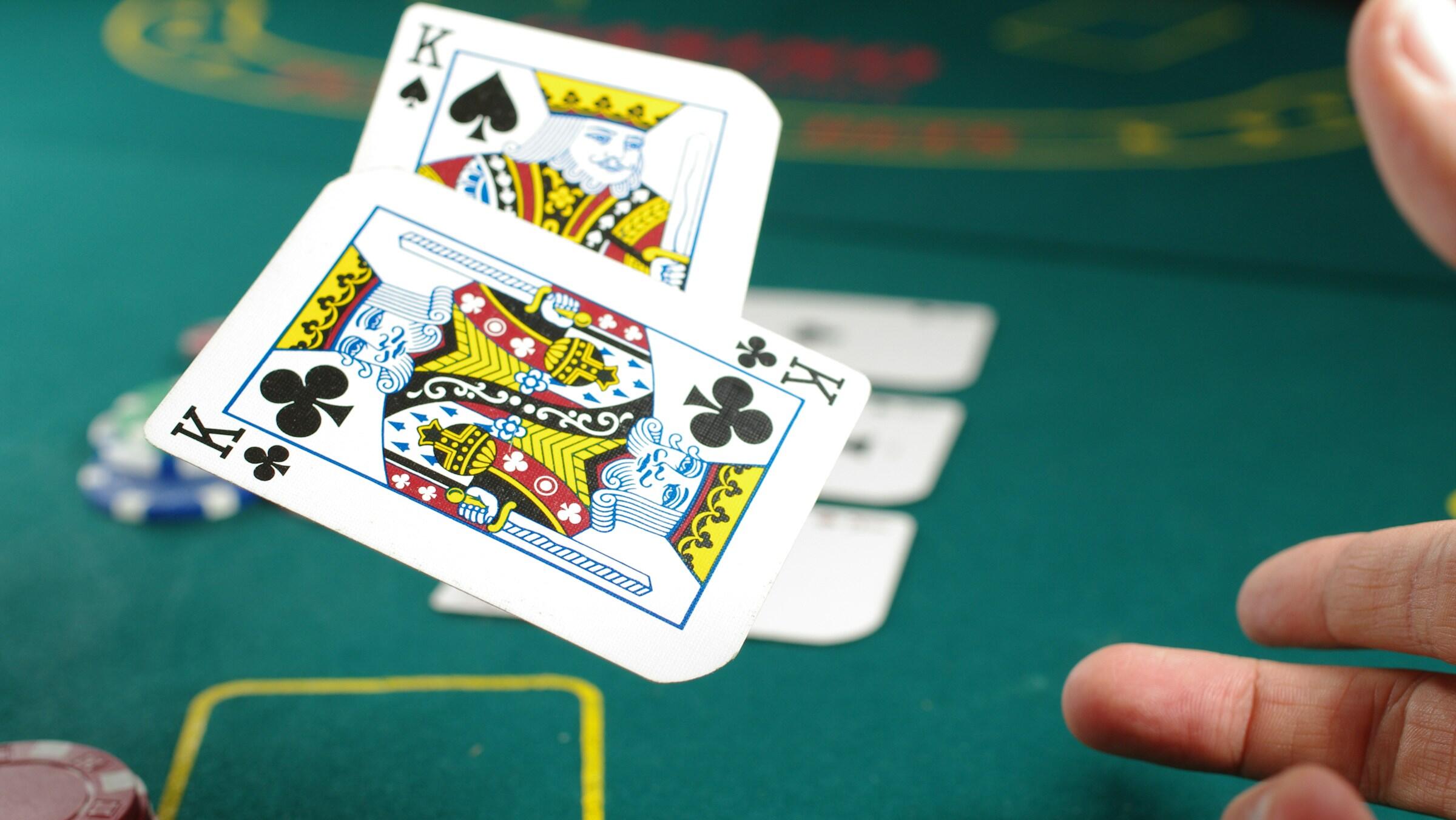The Queensland and New South Wales (NSW) Governments have ruled out rescuing Star Entertainment, the casino and resort operator that is in danger of running out of money within weeks.
Further assistance was rejected by the leaders of both states, which receive hundreds of millions of dollars in tax revenue each year from the company which provides thousands of jobs at its Gold Coast, Brisbane and Sydney properties.
About 9,000 people work for Star Entertainment, mostly in Queensland and NSW, and it paid $424 million of government taxes and levies in the 2024 financial year, down from $456 million in the previous year, according to its 2024 annual report.
Analysts have said Star may not survive to the end of next month at the rate it is burning cash, which fell to A$79 million at 31 December 2024 from $149 million at 30 September 2024.
Asked if the NSW Government planned to do more to support Star to save jobs, NSW Premier Chris Minns told a media conference: “The short answer is no, nothing beyond the agreement that we signed with them last year, which was for a jobs guarantee, but we've done a bit when it comes to that.
“So we don't have anything more to more to add. Other than that it has to be run on commercial grounds and it's a matter for Star, their ownership and their management.”
Asked if the Queensland Government would consider deferring taxes or bailing out Star, Queensland Premier David Crisafulli told reporters: “If you’re asking me whether or not I think it is a good use of taxpayer money to prop up individual companies, I would suggest to you the focus should be on individual workers.”
But Crisafulli was quoted in the Australian Financial Review newspaper as saying the state would negotiate with a new owner if the business was sold or the company collapsed.
Investors will continue to watch the share price, which has been plunging to record lows as investors form views about whether Star can survive in its current form.
The shares closed at 11 cents on Friday, down two cents or 15.38%, after trading between a record low of 10 cents and 12 cents, and capitalising the company at $315.55 million.
They have fallen more than 95% in the last four years as the company has faced allegations of money laundering and criminal activities in its casinos, and operational and financial difficulties like a fall in business, high debt and management changes.
Related content
